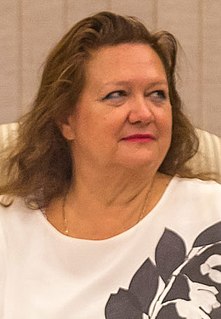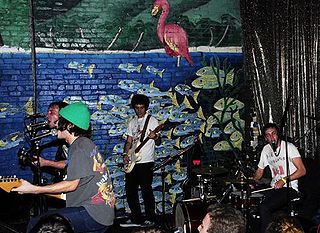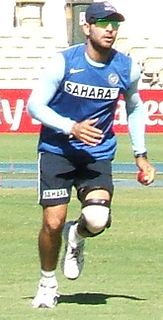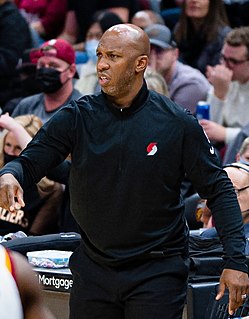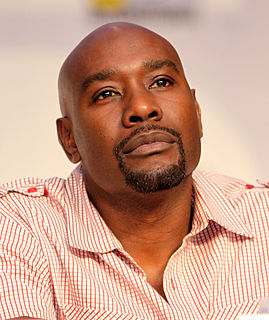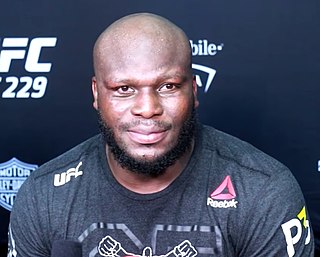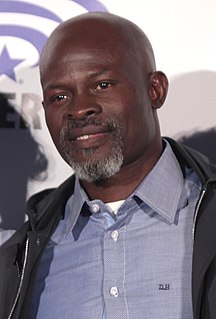A Quote by Gina Rinehart
It really helps me if I think back to what our first families up here went through because, my goodness, they really had very tough times.
Related Quotes
I think that the Holy Spirit works through the pastors of the church. It helps me avoid the trap of writing to the reading market. It helps me stay a pastor first, because they have no agenda; they are not thinking: "This would this be a good book someday." They're thinking: "How this will help Bob and Suzy who are going through a tough marriage? What series can encourage them?" And so I really bow to their preference.
We've always done things the way we wanted to. It's true that our experience affects some of our decision making, but that's a part of growing up and evolving as a band and as people. The first five or six years were really rough. We had no money. We were lost and crazy and made mistakes, but we learned a lot and suffered through tough times, and I think what we did reflected where we were and who we are.
I think the hardest one had to do with suffering. It had to do with all of our church members and friends passing through difficult times. Sometimes it's the global climate: tsunamis, earthquakes, radiation. I think these kinds of questions are absolutely the most difficult, yet we need to be ready to respond to them because we have to be able as pastors to walk people through these valleys, these tough times in their lives.
There is one scene where he is kissing up my back. It is really sexy and I didn't know he was going to do it. He started doing it and in the film you see me saying, whew, and that wasn't acting, that was really me thinking, whew, oh my goodness Daniel Craig is kissing my back! I really did. I had to stop and remind myself that I was playing a character and I was acting in a film.
I think the hardest questions had to do with suffering. It had to do with all of our church members and friends passing through difficult times. Sometimes it's the global climate: tsunamis, earthquakes, radiation. I think these kinds of questions are absolutely the most difficult, yet we need to be ready to respond to them because we have to be able as pastors to walk people through these valleys, these tough times in their lives.
We aren't in high school. We aren't really in our families and we aren't in our houses. Those are the places we grew up and the times we spent together, but they aren't us. If think they are, then we're lost, because times end and places are lost. We aren't any place or any time . . . We are everywhere.
For me it's really tough because you have to go to that place where you really, really don't want to go to or revisit. After the first movie, when I was crying at the altar, whenever I would think about it, I would get chills for months after the first "Best Man" because I had to go to that place. And then, here we are with this one, and we are going to that place again. It's just extremely emotional to just have to keep revisiting it, but it can also be therapeutic.
I used to either lose in my first or second match or I would go very far in the tournament. So I've been saying to myself, 'Come on, you've got to get through these first two matches. They're very tough. Because afterwards you feel different.' So I'm really putting my energy into getting through to those later rounds.
There is nothing in which deduction is so necessary as in religion," said he, leaning with his back against the shutters. "It can be built up as an exact science by the reasoner. Our highest assurance of the goodness of Providence seems to me to rest in the flowers. All other things, our powers, our desires, our food, are all really necessary for our existence in the first instance. But this rose is an extra. Its smell and its colour are an embellishment of life, not a condition of it. It is only goodness which gives extras, and so I say again that we have much to hope from the flowers.
